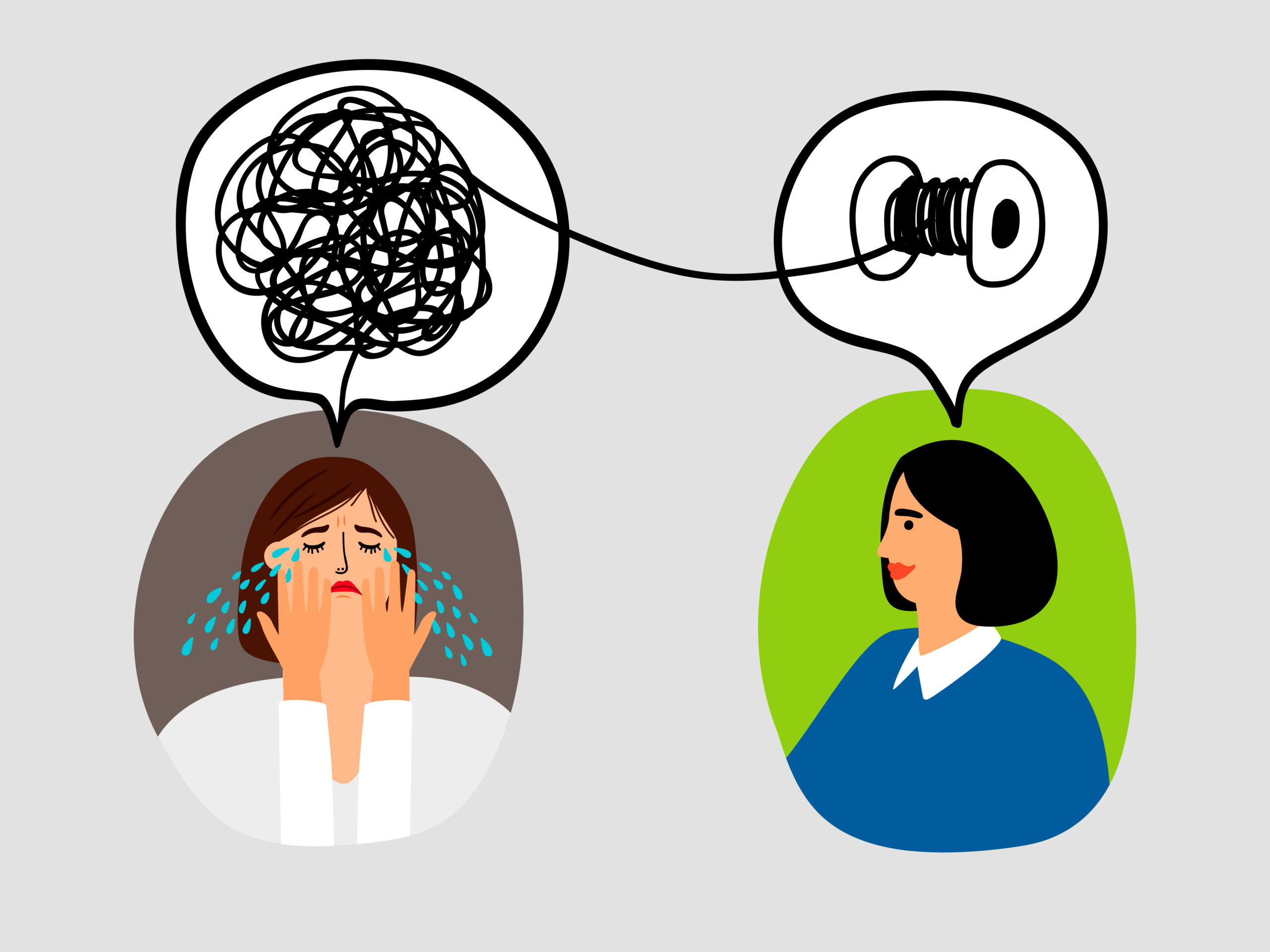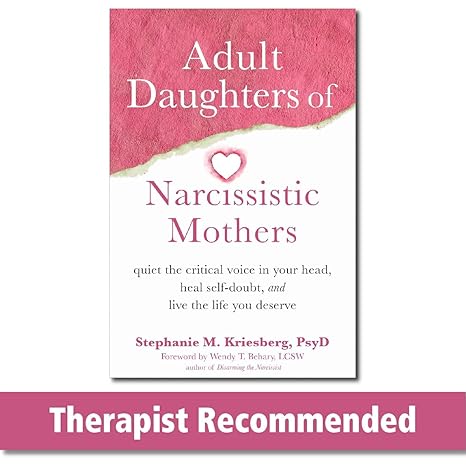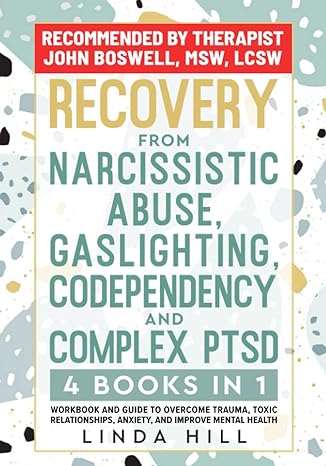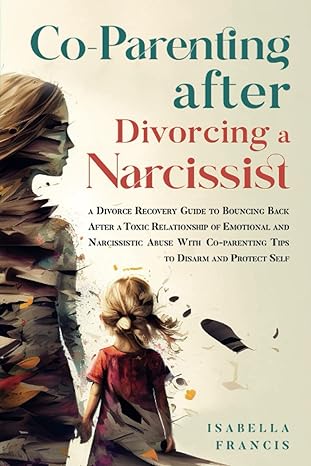
Individual therapy provides a safe place to explore interpersonal conflicts and mental health concerns. I help with identifying and resolving issues in life to achieve personal growth.
- Depression
- Anxiety
- Bi-polar
- Stress Management
- Addictions
- Anger Management
- Grief
- Mental health screening tools
- Obsessive-Compulsive Disorder
- Answers to Your Questions About Panic Disorder
- Chronic Fatigue Syndrome
- Postpartum
Abandonment
Abandonment, though not formally listed in the DSM (Diagnostic and Statistical Manual of Mental Disorders), is a complex emotional experience that many individuals struggle with. It typically involves feelings of loss, rejection, and loneliness stemming from the perceived or actual desertion or neglect by someone significant in one’s life. This could be a parent, partner, family member, or friend.
People experiencing abandonment may feel intense emotional pain, insecurity, and fear of being left alone or rejected again. This can lead to a range of psychological symptoms, including anxiety, depression, low self-esteem, and difficulties in forming and maintaining relationships.
Coping with abandonment involves various strategies, such as seeking support from trusted friends or family members, engaging in therapy to process and heal from past wounds, practicing self-care and self-compassion, and gradually building trust in oneself and others. Developing healthy boundaries and learning to communicate effectively can also be crucial in navigating relationships and managing the fear of abandonment.
Overall, while abandonment may not be a diagnosable disorder, its impact on individuals’ emotional well-being is significant, and finding effective ways to cope and heal is essential for personal growth and resilience.
As a clinician, when working with individuals involved with a narcissist, it’s crucial to provide support and guidance tailored to their unique situation. Here’s a summary of strategies I might use:
- Validation and Empathy: It is essential to establish a safe and empathetic environment where clients feel understood and validated in their experiences. Acknowledge their feelings and experiences without judgment.
- Psychoeducation: Educate clients about narcissistic personality traits and behaviors to help them understand the dynamics of their relationship. This can include discussing common patterns of manipulation, gaslighting, and emotional abuse.
- Setting Boundaries: I assist clients in identifying and setting healthy boundaries with narcissistic individuals. This involves helping them recognize their own needs and rights and empowering them to communicate assertively and enforce boundaries.
- Self-Esteem Building: Support clients in rebuilding their self-esteem, which may have been eroded by the narcissistic relationship. Encourage self-care practices, positive affirmations, and activities that promote self-worth and confidence.
- Coping Strategies: Teach clients coping strategies to manage the emotional distress and triggers associated with interacting with a narcissist. This may include mindfulness techniques, relaxation exercises, and grounding techniques.
- Exploring Options: Explore options with clients for managing or exiting the relationship, considering safety considerations and practical circumstances. If needed, provide support and resources for navigating legal, financial, and logistical challenges.
- Therapeutic Techniques: Utilize therapeutic techniques such as cognitive-behavioral therapy (CBT), dialectical behavior therapy (DBT), and trauma-informed approaches to address underlying issues and promote healing.
- Support Networks: Encourage clients to seek support from trusted friends, family members, or support groups who can provide validation, empathy, and understanding outside of therapy.
- Addressing Co-occurring Issues: Assess and address any co-occurring mental health issues such as anxiety, depression, or post-traumatic stress disorder (PTSD) that may have developed as a result of the narcissistic relationship.
- Empowerment and Self-Discovery: Foster a sense of empowerment and self-discovery as clients navigate their journey of healing and recovery. Help them rediscover their strengths, values, and goals independent of the narcissistic individual.
By implementing these strategies, clinicians can provide effective support to individuals involved with narcissists, helping them navigate the challenges of their relationships and work towards greater well-being and autonomy.
Susan Anderson
Susan Anderson Healing abandonment
Coping and Managing Life with a Narcissistic Individual
Whether you were raised by a narcissist, dated or married, or work with one, navigating relationships with narcissistic individuals can be incredibly challenging. As a therapist, I offer specialized skills and strategies to help you cope and manage these problematic interactions effectively.
Understanding Narcissistic Behavior
Narcissistic individuals typically exhibit:
- Grandiosity: An inflated sense of self-importance.
- Need for Admiration: A constant need for praise and validation.
- Lack of Empathy: Difficulty understanding or caring about others’ feelings.
- Manipulative Behavior: Using others for personal gain.
- Entitlement: Expecting special treatment and unquestioning compliance from others.
Strategies to Cope and Manage
- Recognizing the Signs
- Awareness: Understanding narcissistic traits can help you recognize these behaviors early and prepare yourself accordingly.
- Setting Boundaries
- Clear Limits: Establishing and maintaining firm boundaries is crucial. Be explicit about unacceptable behaviors and enforce consequences if these boundaries are crossed.
- Consistency: Consistently applying these boundaries helps protect your emotional well-being.
- Protecting Your Self-Esteem
- Positive Affirmations: Regularly remind yourself of your worth and strengths to counteract negative messages.
- Self-Care: Engage in activities that nurture your physical, emotional, and mental health.
- Effective Communication
- Assertiveness: Communicate your needs and feelings directly and confidently.
- Non-Engagement: Avoid engaging in power struggles or arguments. Keep interactions neutral and factual.
- Seeking Support
- Therapeutic Support: Working with me can provide a safe space to process your experiences and develop coping strategies.
- Support Networks: Lean on friends, family, or support groups who understand your situation and can offer encouragement and advice.
- Developing Coping Mechanisms
- Mindfulness and Relaxation Techniques: Practices like meditation, deep breathing, and yoga can help reduce stress and maintain emotional balance.
- Journaling: Writing about your experiences and feelings can provide clarity and emotional release.
- Fostering Independence
- Autonomy: Focus on building your independence, both emotionally and practically. This includes financial independence, self-sufficiency, and making your own decisions.
- Personal Goals: Set and pursue personal goals that contribute to your growth and happiness.
- Healing from Past Trauma
- Therapeutic Techniques: Engage in trauma-focused therapies such as Cognitive-Behavioral Therapy (CBT), Internal Family Systems ( IFS)
- Narrative Therapy
- Work on rewriting your personal narrative to acknowledge the trauma but emphasize their strength and resilience.
- Separate your identity from the traumatic experiences.
- Gradual Exposure: Gently confronting and processing traumatic memories in a safe environment can help reduce their emotional impact.
- Recognizing and Avoiding Manipulation
- Critical Thinking: Evaluate situations objectively to identify manipulation tactics.
- Detachment: Practice emotional detachment to prevent getting drawn into manipulative schemes.
- Fostering Healthy Relationships
- Positive Connections: Invest time in supportive, respectful, and reciprocal relationships.
- Healthy Boundaries: Apply the boundary-setting skills you’ve learned to all your relationships.
Conclusion
Living with or having lived with a narcissistic person can leave deep emotional wounds and ongoing challenges. However, with the right strategies and support, you can learn to cope effectively and rebuild your life with resilience and strength. As a therapist, my goal is to empower you with the tools and insights needed to navigate these relationships, protect your well-being, and foster a healthier, more fulfilling life.



https://www.facebook.com/reel/478428531205169